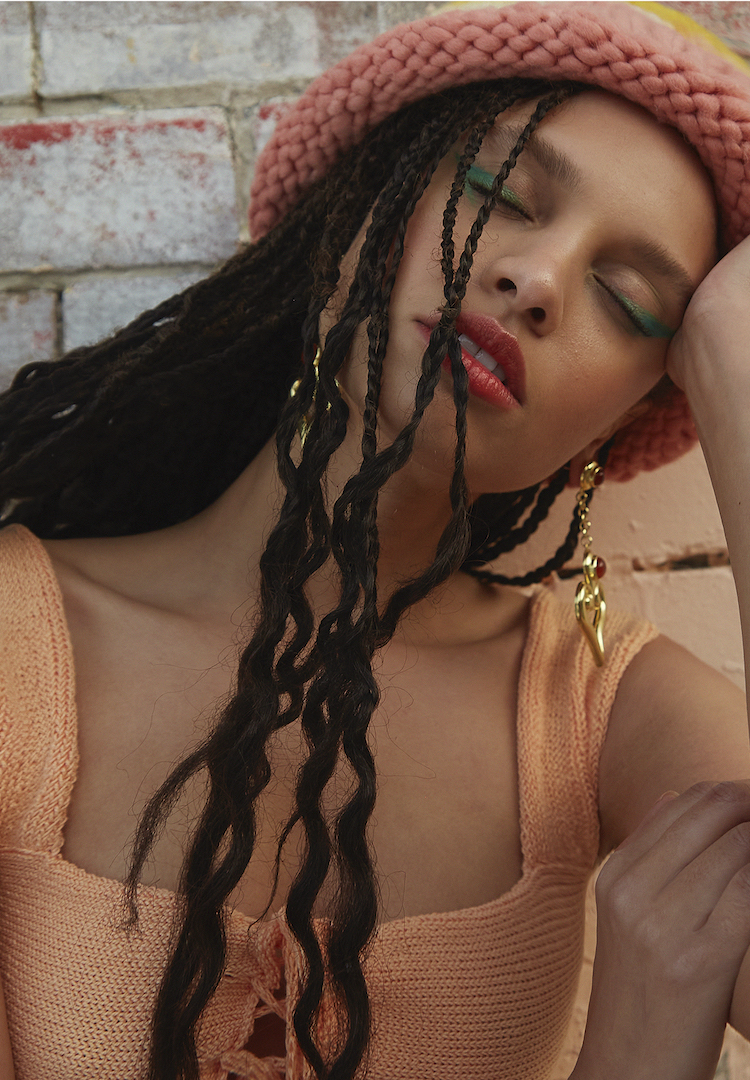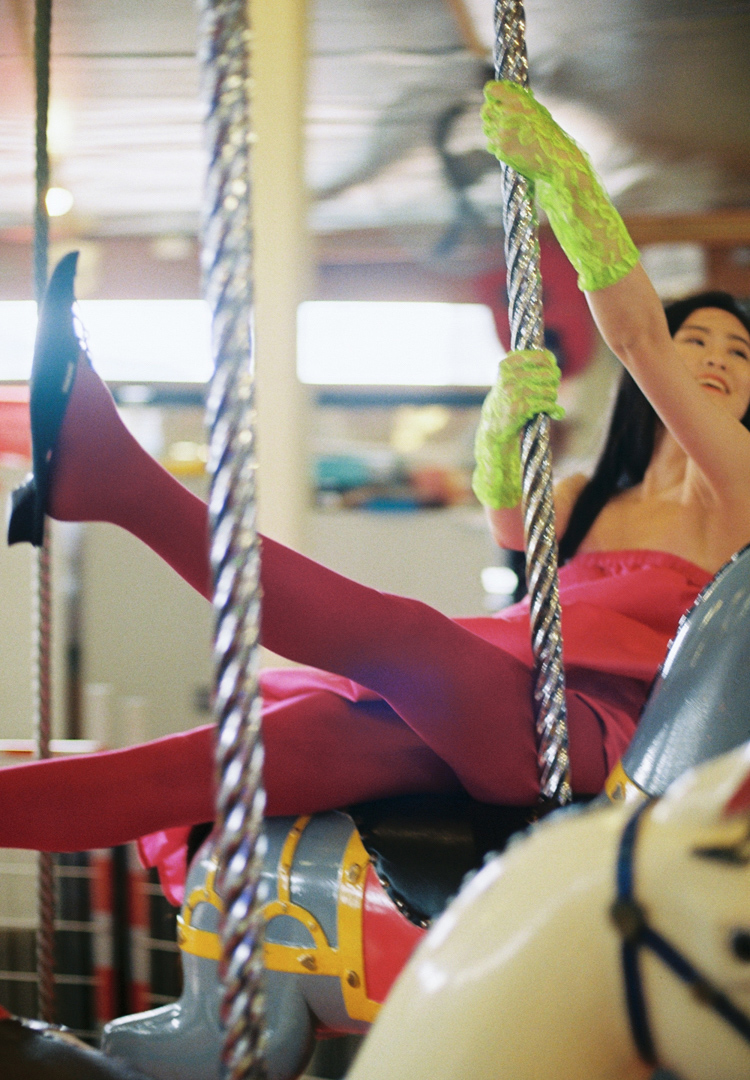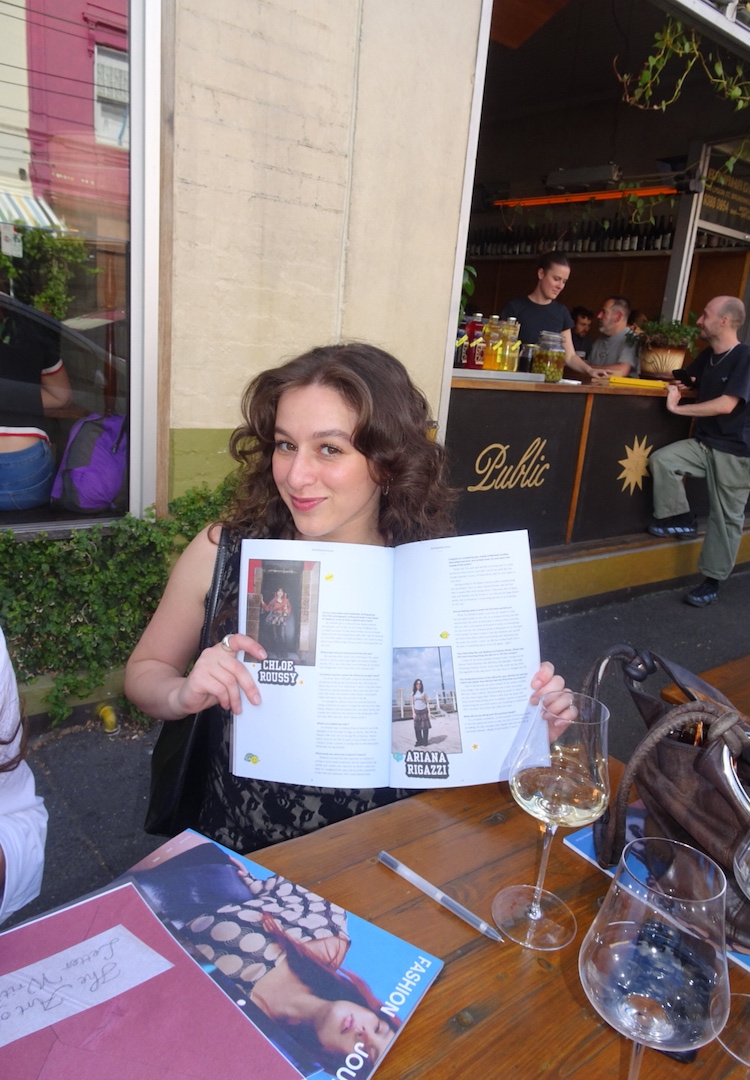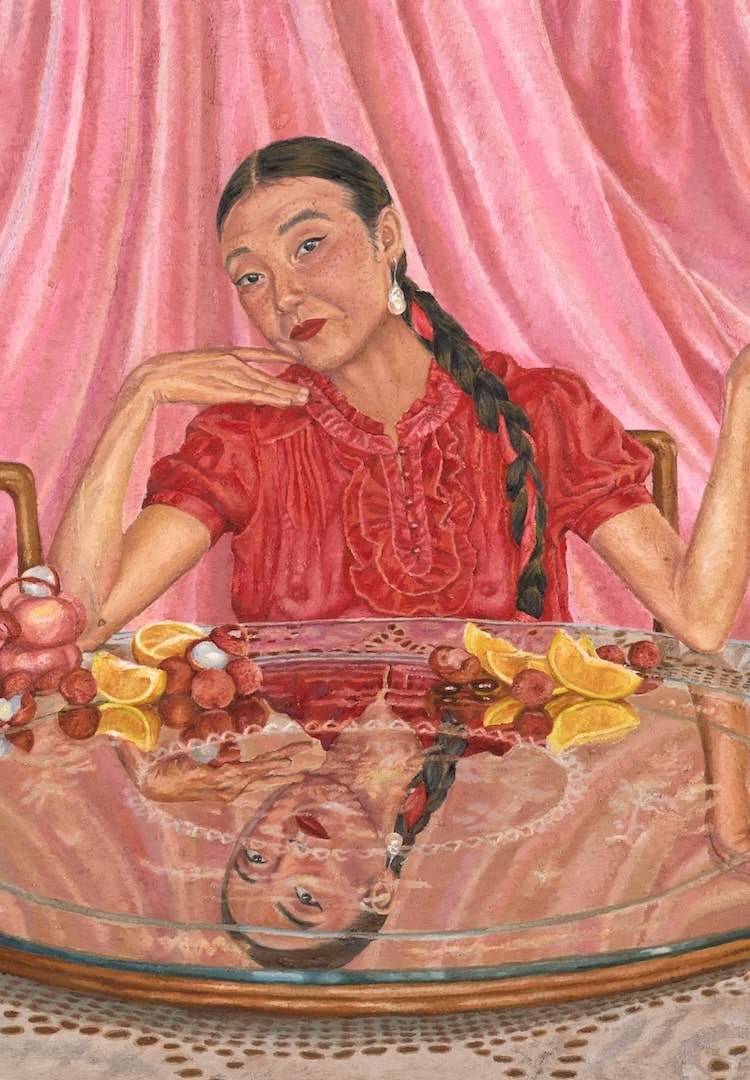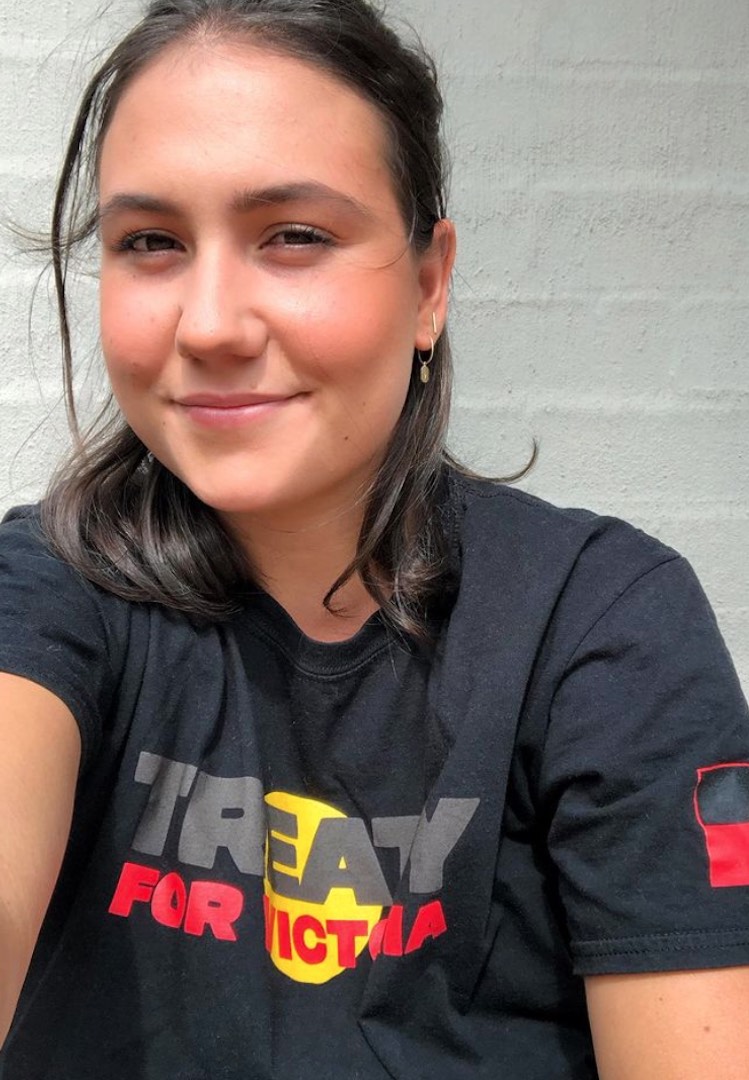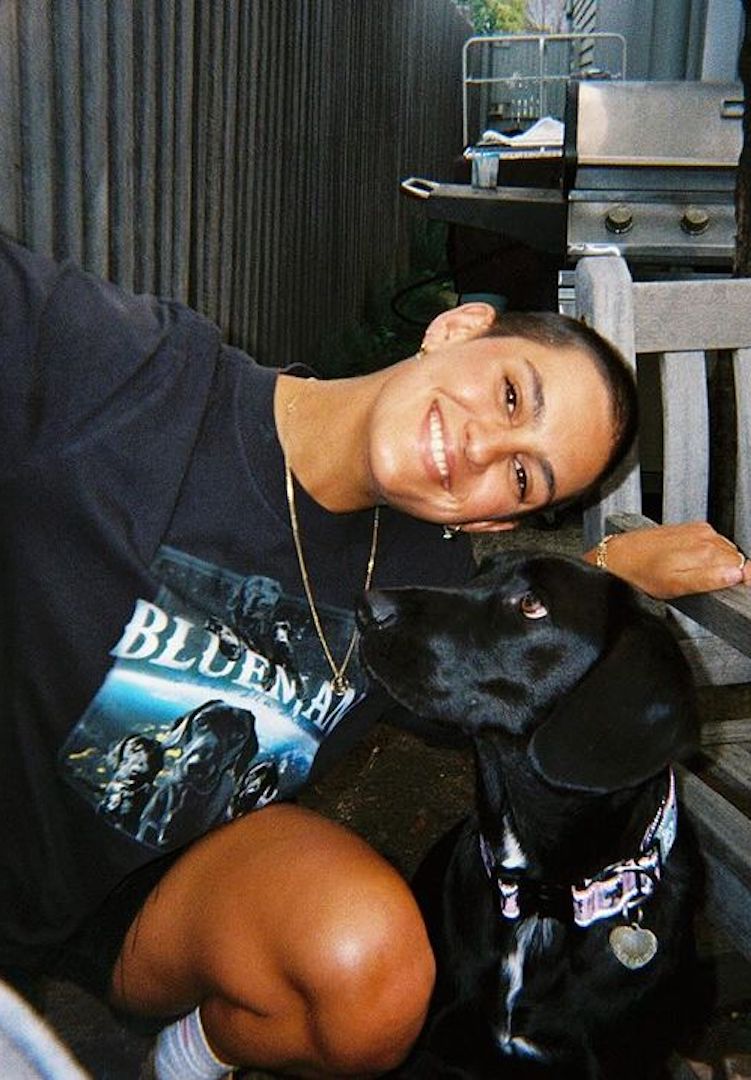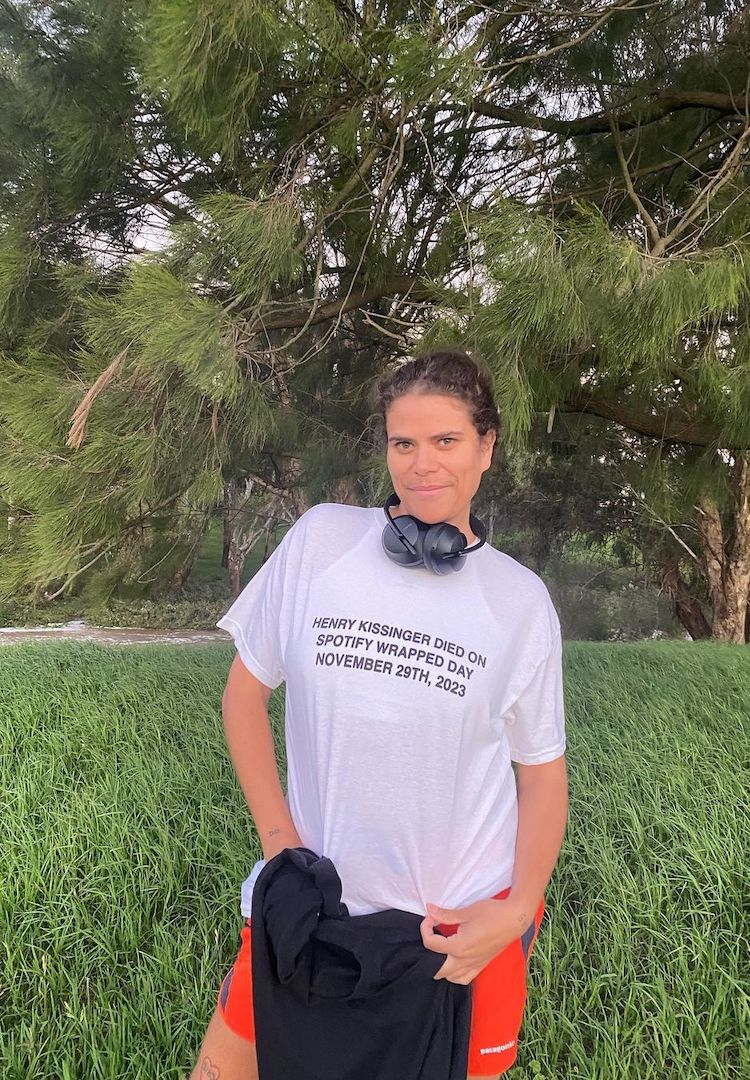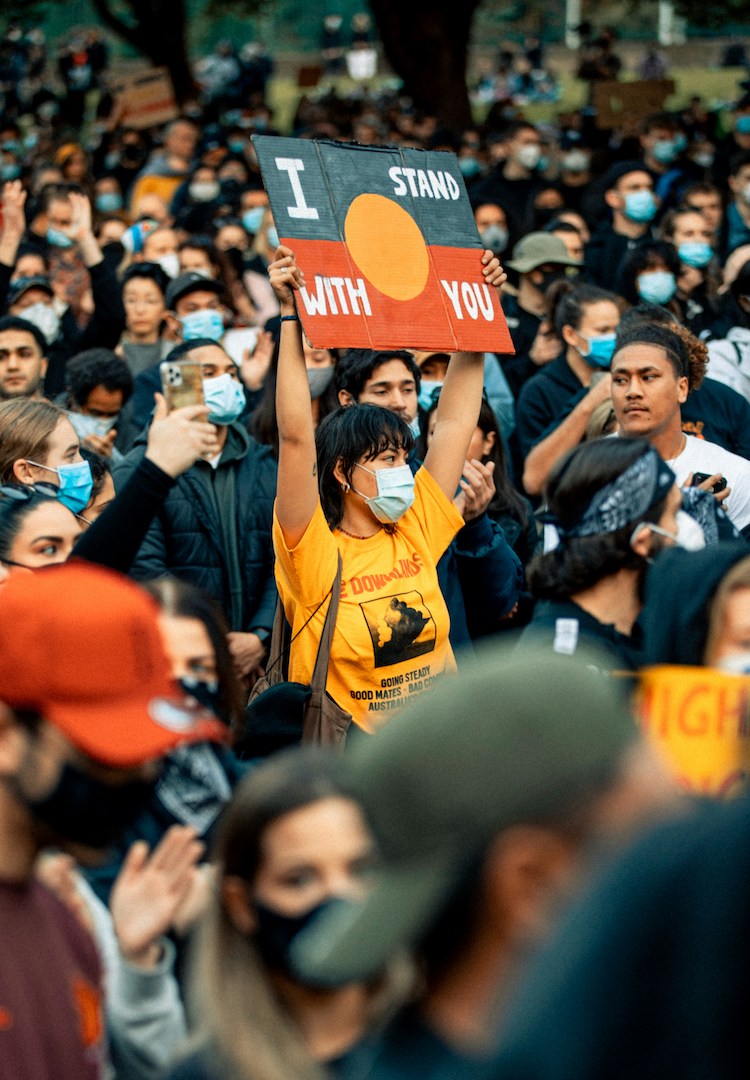Essential resources to educate yourself on Indigenous Australian history, people and culture
IMAGE VIA DAZED
WORDS BY ROSIE WATTS
Essential resources for self-education.
May 26 is National Sorry Day, a day that acknowledges and remembers the mistreatment of Aboriginal and Torres Strait Islander people, particularly The Stolen Generations. It is a day intended to commemorate these survivors and encourage healing.
But, as Goreng Goreng artist Rachael Sarra so aptly put it in an Instagram post today, “Before this day can be about healing, it has to be a day to bring to light the ongoing trauma faced by our people.”
Looking for more thought-provoking reads? Try our Life section.
We need to contemplate how we can each play a role in making a change for the better, which means taking the time to listen and learn – something that needs to be ongoing, not just confined to this one day.
While there are many ways we can help bridge the gap between Indigenous and non-Indigenous Australians, education is key. That’s why we’ve put together a selection of useful resources you can use to better understand the diverse history and culture of Australia’s First Nations peoples.
Social media: Aretha Brown’s Instagram and YouTube
About the resource: Aretha is an Indigenous artist, speaker, educator and activist. She first made news with her speeches at Invasion Day protests in Melbourne, back in 2017 and 2018. The then high school student was calling for the date of the national holiday, Australia Day, to be changed. Since then, she has continued to use her social platforms to speak on Indigenous culture, politics and art.
Why you should follow her: Aretha seeks to educate Non-Indigenous peoples on First Nations’ history and culture. The Indigenous Studies taught in many Aussie schools barely scratches the surface and is rarely delivered from the perspective of First Nation peoples. So, as adults, it’s important we seek educational platforms such as Aretha’s to fill our knowledge gaps. Aretha’s content is also easily shareable, which means we can help spread awareness on our own socials.
You can find Aretha’s IG here and YouTube here.
Social media: Sky Thomas’ Instagram
About the resource: Sky is a Gunai/Kurnai, Yorta Yorta and Wiradjuri woman who is known by many as Soju Gang, her DJ name. Aside from music, she is also a designer and, in her words, “someone who tries to be an active community member when I can”. Not fond of the word ‘activist’, her Instagram content encourages her followers to listen to marginalised voices, understand the ways they are complicit in systemic racism, and then do better and be better.
Why you should follow her: Sky’s content is educational and challenges each of us to be more active members of our own communities, primarily through accountability and demanding better from brands, the Government and those around us.
You can find Sky’s IG here.
Website: commonground.org.au
About the resource: This Aboriginal-led not-for-profit organisation works with Aboriginal and Torres Strait Islander peoples to create educational content for the wider Australian population.
Why you should visit its site: Although 85 per cent of Australians think it’s important to know about the histories of First Nations People, only 42 per cent believe they have a good understanding of that history. This gap in knowledge can prevent many non-Indigenous Aussies from speaking out on issues surrounding First Nation peoples.
Luckily, Common Ground provides resources on the correct use of phrases, as well as First Nation culture and history, so that non-Indigenous peoples can become better informed and more active allies. By bridging the gap in knowledge, Common Ground is helping create a better-connected and socially just Australia.
You can access the site here and follow its Instagram here.
Book: Growing up Aboriginal in Australia
About the resource: This anthology, compiled by award-winning author Anita Heiss, contains diverse voices, experiences and perspectives on what it’s like to grow up Aboriginal in Australia.
Why you should read it: It’s really important to hear first-hand experiences and knowledge on a subject and this book provides just that. You can expect to read stories written by well-known authors, high-profile people and emerging writers of all ages. The book offers heartfelt tales, challenges stereotypes and will help you understand the inequalities prevalent in Australia today.
You can find more on it here.
Documentary: Stolen Generations
About the resource: This documentary tells the stories of three Stolen Generation survivors and documents the intergenerational trauma of the Stolen Generation policy.
Why you should watch it: The Stolen Generation policy ran from 1910 – 1970 and saw Aboriginal and Torres Strait Islander children forcedly removed from their families in a policy of assimilation. The intergenerational trauma of this policy persists and contributes to the loss of vital cultural knowledge and the educational and income gaps prevalent in Australia today. This documentary will help you understand the history of the Stolen Generation policy and its many ongoing effects.
You can find where to watch it here.
Documentary: Connection to Country
About the resource: This beautifully shot documentary explores the unique relationship that exists between Indigenous peoples and their land.
Why you should watch: First-Nations People have a unique connection to their land which transcends the physical – they call this their connection to country. Non-Indigenous people may find the concept of country difficult to grasp, because their land-management systems are vastly different to those of First Nations peoples. This documentary will help you understand the deep care First Nation peoples have for country and their battle to get their unique cultural heritage recognised and conserved.
You can find more on it here.
Podcast: Awaye
About the resource: Presented by Daniel Browning, a Bundjalung and Kullilli man, Awaye tells stories about Aboriginal arts and culture from across the country.
Why you should listen to it: This podcast is not only interesting and engaging but also a great way to stay informed on Aboriginal news and issues. As part of the podcast, the Word Up segment introduces three words from the many Indigenous Australian languages and explains their significance. It also spreads awareness on the work and projects of Indigenous broadcasters from around the world.
You can find broadcasting times and where to listen here.
Educating ourselves on the history and culture of First Nations people is a crucial part of reconciliation. We hope these resources help you with your self-education process and empower you to become a better ally to First Nation peoples. Also, don’t forget to check out the Reconciliation Week website for more info on how you can show your support.
For more resources, head to reconciliation.org.au.

